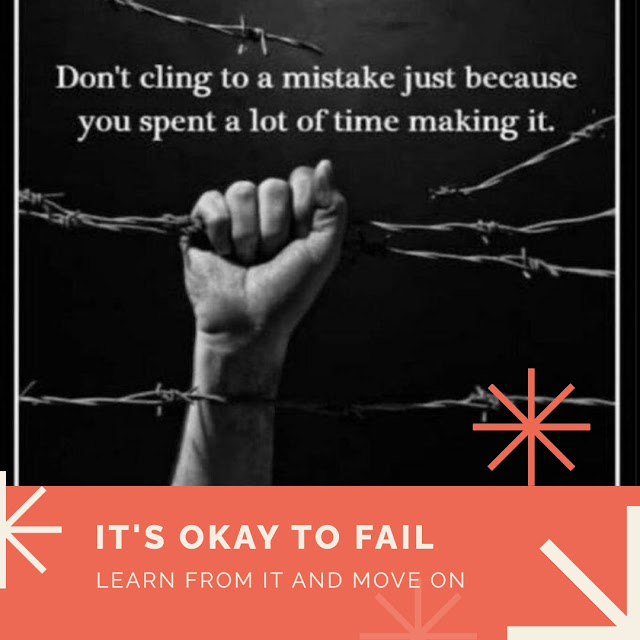Tuning Into Success: Emotional Intelligence & Active Listening
opinion
Tuning Into Success: Emotional Intelligence & Active Listening
The Unseen Catalysts of Innovation & Prosperity
By Brian Stowell June 6, 2023
"The greatest compliment that was ever paid me was when someone asked me what I thought, and attended to my answer."
- Henry David Thoreau
The Holistic Approach to Leadership
The general belief is that technological proficiency and strategic skills are the keys to success and innovation. However, a holistic approach paints a more accurate picture. This approach recognizes the power of overlooked yet pivotal skills, such as Emotional Intelligence and Active Listening, to drive teams to unmatched productivity and cohesion, fostering a culture of mutual growth and understanding.
Emotional intelligence is more than just a buzzword; it's a multifaceted skill comprising empathy, self-awareness, and self-regulation. Its real power lies in nurturing trust and openness, setting a firm foundation for synergistic team performance.
The Power of Active Listening in Leadership
Picture a workplace where leaders not just listen but genuinely absorb the perspectives of every team member, fostering a culture of mutual respect and open communication. Active listening is integral to emotional intelligence and demands complete attention and an unbiased mindset. In addition, this practice aids in understanding team members' ideas, fears, and aspirations, which are vital for aligning team efforts and solving problems effectively.
Take an instance from my own experience. I once had a team member struggling with a complex project. It was clear that this situation was causing distress. Recognizing this, I listened attentively to their concerns and offered support. This act of empathy allowed me to understand their situation better and reassure them that they were heard and valued. As a result, they overcame the challenges. They completed the project successfully, reinforcing how an emotionally intelligent approach can have tangible outcomes.
The Impact of Emotional Intelligence on Team Dynamics
But understanding the significance of active listening as a stepping stone toward cultivating emotional intelligence and empathy is just the start. We must appreciate how these skills are critical for creating an engaged and satisfied team. Emotionally intelligent interactions pave the way for open communication and foster teamwork, crucial for effective problem-solving.
We recognize the importance of self-awareness and self-regulation. Emotional intelligence requires understanding your emotions, strengths, and weaknesses.UNH Psychologist John D. Mayer says, "An emotion occurs when there are certain biological, experiential, and cognitive states which all coincide." This understanding improves self-management and impacts our influence over our teammates.
Empathy and Validation in Teams
Empathy, another cornerstone of emotional intelligence, enables us to comprehend our colleagues' emotional landscapes, creating an environment where everyone feels heard and valued. Acknowledging personal feelings and experiences nurtures a deep sense of trust and camaraderie within teams, transforming them into a cohesive unit that shines in productivity and innovation.
Here are a few tips to improve your listening skills and practice emotional intelligence:
Make eye contact and give the speaker your full attention.
Don't interrupt. Let the speaker express their thoughts fully.
Ask clarifying questions. Show your interest in understanding their perspective.
Paraphrase what the speaker has said to confirm your understanding.
By synergizing active listening, empathy, validation, self-awareness, and self-regulation, we can amplify our understanding of our teammates, leading to an enriching team environment. This, in turn, sparks collective productivity and drives superior overall results.
Unlocking Success and Innovation
In conclusion, to unlock success and innovation, we need to intertwine emotional intelligence and active listening in all our interactions. They're not just add-ons but prerequisites for personal and professional growth. Suppose you want to improve your emotional intelligence and active listening skills further. In that case, I encourage you to take a course, read a book, or find another way to delve deeper into these essential topics. Emotional intelligence and active listening are skills you can enhance with deliberate effort and practice. Your dedication to cultivating these abilities can yield significant dividends, fostering healthier relationships, a more empathetic and effective work environment, and driving innovation and success in your professional journey.
Prioritizing Emotional Intelligence and Active Listening
From today onwards, let's prioritize Emotional Intelligence and Active Listening skills in all our interactions and teams. This will help us foster an environment encouraging innovation and achieving remarkable success. Our ultimate goal is to create a future where we genuinely understand, empathize, and actively listen to one another. So, please join me in this call to action, and let's strive toward reaching new heights for ourselves and our teams.



Comments
Post a Comment